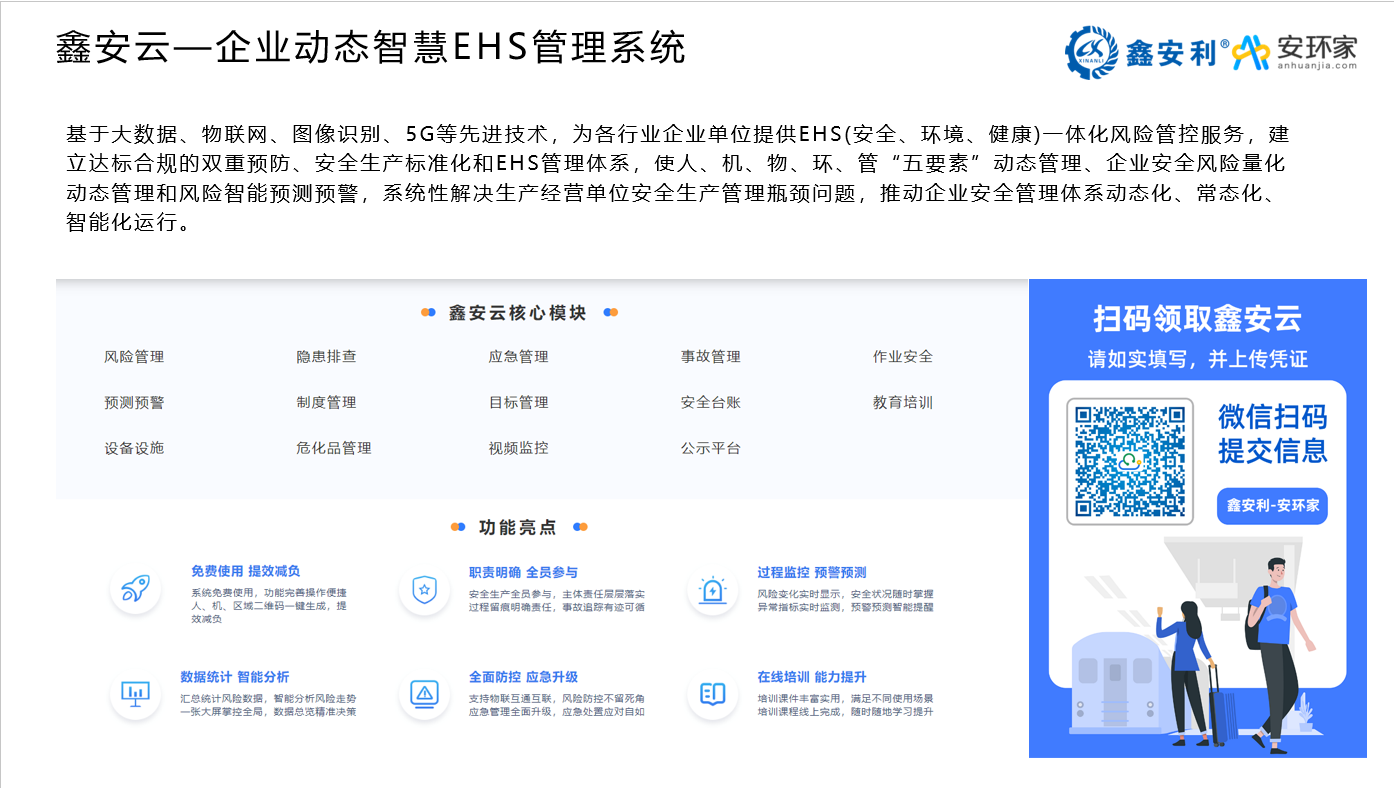1.引言
??????? 1. Introduction
??????? 近年來,建筑行業已逐漸成為我國經濟發展的支柱產業之一,隨之國家出臺了一系列旨在保證建筑從業人員人身安全的法律法規及相關的安全生產條例。伴隨著這些法規條例的逐步完善,施工安全事故發生率明顯下降,使得建筑行業得到長足發展。但是由于建筑施工條件的特殊性,空中作業高度高、強度大,立體作業交叉,施工人員文化層次參差不齊,導致施工現場危險性大,不安全因素錯綜復雜。
??????? In recent years, the construction industry has gradually become one of pillar industries of China's economic development, with the country issued a series of aims to ensure that construction workers safety and related laws and regulations of production safety regulations. With these regulation gradually improve, the construction safety accident rates declined obviously, make construction industry get rapid development. But due to the particularity of the construction condition, the air operation level is high, the strength is big, three-dimensional cross, construction personnel and cultural level is uneven, lead to the construction site risk big, the unsafe factors is complex.
??????? 建筑機械設備管理乃是施工項目安全管理的重中之重。在建筑機械設備使用過程中,因操作不當、機械設備故障及其流動性作業等諸多原因引起的人身傷害事故屢屢發生,給企業經營和行業健康發展造成極為不良的影響。因此,加強施工現場機械管理極其緊迫和必要。
??????? Construction machinery equipment management is the key of the construction project safety management. In the construction machinery and equipment in use process, and its liquidity operations due to improper operation, mechanical equipment fault caused by many reasons, such as personal injury accidents frequently occur, for enterprise operation and healthy development of the industry is extremely bad impact. Therefore, in order to strengthen the management of construction site mechanical extremely urgent and necessary.
??????? 2.機械傷害典型案例分析
??????? 2. Mechanical damage analysis of typical cases
??????? 2.1 人貨梯吊籠出軌
??????? 2.1 one cargo lift crane cage to cheat
??????? 某市框架剪力墻結構辦公樓工程,垂直運輸外用電梯由出租公司自行組織安裝。人貨梯安裝前未編制專項施工方案,且安裝完成后未按規定進行檢查驗收,導致漏裝上限位碰鐵及安全鉤錯裝等問題未能及時發現整改。司機李某接班后麻痹大意擅自離崗,一名電工未經同意擅自啟動電梯,運行至13層時發生冒頂出軌墜落,導致2死1重傷的傷亡事故。
??????? One frame shear wall structure building engineering, vertical transportation for external use elevator organize by the rental company to install. One cargo lift before the installation is not prepare special construction scheme, and the installation after the completion of the acceptance inspection, not according to stipulations in packing cap a touch iron and safety problem such as hook misloading failed to timely find the rectification. Driver li mou succession paralysis after leave without authorization, an electrician to start the elevator without agreed, run to the 13th floor roof caving to cheat during fall, cause 2 die 1 seriously injuries.
??????? 造成此次事故的主要原因是上限位碰鐵漏裝、安全鉤錯裝,吊籠運行至頂部后繼續運行、出軌,導致事故發生。次要原因是電梯司機擅自離崗,未將其拉閘上鎖,給他人留下開動電梯的隱患。電工自恃對電器有所了解心存僥幸,無證駕駛盲目操作。總承包單位監管缺失,未能對不具備安裝資質的出租公司加以制止,且在其操作過程中無視未編制安全方案和安裝后未檢測驗收等情況,雖經監理單位書面提出整改,但始終沒有引起總包和分包單位的高度重視。
??????? The main cause of the accident is the limit a touch iron packing, safety hook misloading, hanging cage after running to the top to continue running, infidelity, lead to accidents. Secondary reason is that the elevator driver unauthorised absences, not the switch lock, leaving others to start the hidden trouble of the lift. Electrician self-reliance with appliances for granted, blind operation of driving without a license. Overall contractor supervision flaw, has failed to do not have installation qualification of the rental company to stop, and it is safe to ignore not compiled in its operating process scheme and unchecked acceptance after installation, etc., are put forward rectification in writing by the supervision unit, but never has drawn great attention of the contractor and subcontractors.
??????? 2.2 卷揚機拉筋傷人
??????? 2.2 hoist brace cuts
??????? 某現澆鋼筋混凝土框架結構商業樓工程主體施工中,現場鋼筋加工棚內一臺慢速卷揚機用作冷拉盤圓鋼筋,與冷拉鋼筋位于同一軸線的卷揚機前未設置安全防護網。卷揚機操作工候某,請假外出,項目部鋼筋工負責人安排剛剛進場的鋼筋工胡某操作卷揚機。事發當日,為便于觀察遠端鋼筋操作情況,將卷揚機倒順操作開關握于手中,未戴安全帽胡某走出工棚進行操作。一根處于冷拉過程中的鋼筋因受力過大突然崩斷,卷揚機方向斷掉的剩余鋼筋反彈,直接沖向胡某的頭部。胡某躲閃不及,被擊中后當場倒地。后因無安全帽防護頭部傷勢嚴重,經搶救無效后死亡。
??????? Totaling a cast-in-situ reinforced concrete frame structure engineering subject construction, the steel processing and heat a slow winch used for cold drawn wire rod steel, and cold drawn steel bar located on the same shaft hoist is not set before the security fence. Winch operator wait one, ask for leave to go out, work arrangement, director of projects department steel just approach of reinforcing steel bar worker Hu Mou hoist operation. That day, to facilitate observation, distal bar operations will hoist reversing operation switch in his hand, was not wearing a helmet Hu Mou operated out of the shed. A root is in the process of cold drawn steel due to excessive force suddenly broke, hoist direction of residual broken steel rebound, rushed to the head of the Hu Mou directly. Hu Mou nature, fell down on the spot after being hit. Because there was no safety helmet protective suffered severe head injuries, after the rescue invalid after death.
??????? 卷揚機拉筋傷人事故直接原因為:1)卷揚機操作者未經培訓倉促上崗,沒有操作卷揚機拉直鋼筋的能力而造成鋼筋拉斷;2)卷揚機操作者違規作業,手持操控開關站在防護棚外操作,失去了應有的保護;3)卷揚機操作者未按規定配戴安全帽,深化了事故的后果。事故間接原因為:1)卷揚機使用中中途換人,新工人進場不久,在未接受安全教育和崗前培訓的情況下匆忙上崗;2)施工現場必要的安全防護不到位,卷揚機前未設置安全防護網;3)施工項目部安全意識淡薄,早在幾年前國家就明令禁用倒順開關,屬于淘汰產品,依然出現在卷揚機的操控中,客觀導致操作者離開防護棚;4)施工現場沒有專職安全人員,未能及時發現并糾正卷揚機操作中出現的違規操作。
??????? Hoist brace direct cause injuries to: 1) hoist operator without rush to work, without the ability to operate hoist straightening steel caused by the tensile steel; 2) hoist operators violate compasses operation, hand-held control switching station protection operation, the bird lost the due protection; 3) hoist operator to wear safety helmet, not according to stipulations to deepen the consequences of the accident. Indirect accident reason is: 1) the hoist in use to change horses in the middle of the stream, new workers come in soon, in the case of not accept safety education and pre-service training under the busy work; 2) the construction site the necessary safety protection does not reach the designated position, hoist is not set before the security fence; 3) the construction projects safety consciousness, as early as a few years before the country has to disable the reversing switch, belong to eliminate product, still appeared in the hoist control, objective cause the operator to leave protective shed; 4) no full-time security personnel on the construction site, failed to timely discover and correct irregularities in hoist operation.



